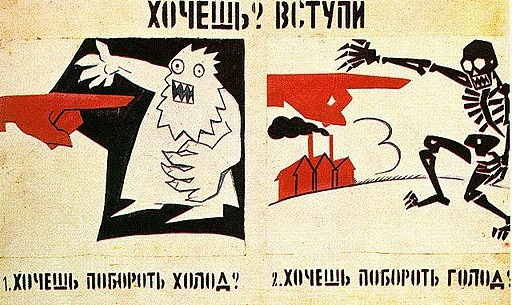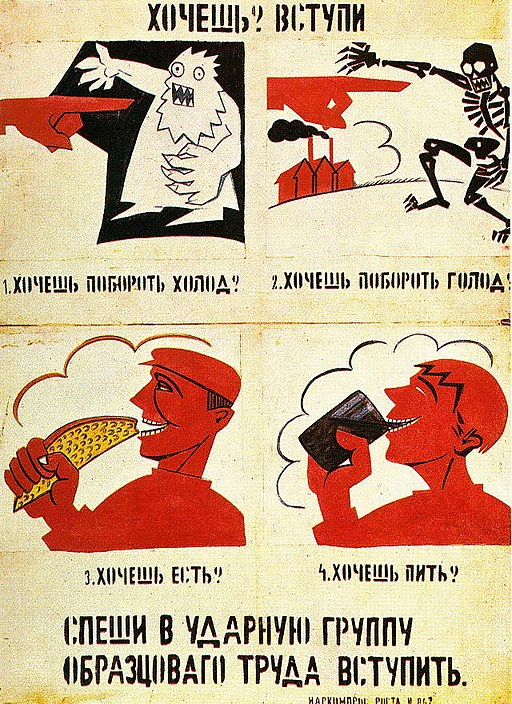
- This event has passed.
Proletkult and the Languages of Modernity
November 30, 2019 at 11:30 am - 5:00 pm

 Proletkult refers to the Proletarian Cultural-Enlightenment Organization (Proletarskie kul’turno-prosvetitel’nye organizatsii). The institution was autonomous from the Bolshevik party, but is regarded by many as the cultural arm of the revolution. Founded in 1917, it was tasked with developing radical avant-garde aesthetics tailored to the working classes and their emergent role in modern industrial culture.
Proletkult refers to the Proletarian Cultural-Enlightenment Organization (Proletarskie kul’turno-prosvetitel’nye organizatsii). The institution was autonomous from the Bolshevik party, but is regarded by many as the cultural arm of the revolution. Founded in 1917, it was tasked with developing radical avant-garde aesthetics tailored to the working classes and their emergent role in modern industrial culture.
Proletkult peaked in 1920, when it spread like wildfire before its imminent demise. Despite its short lifespan, it was widely influential. This workshop aims to explore Proletkult from the original angle of language, translation and collective identity, in both Marxist and non-Marxist keys. Topics covered include: the polemics between Lenin and Proletkult in the shadow of the literacy campaign in the USSR, the British reception of Proletkult, Chinese modernity in translation, Soviet sociolinguistics and Gramsci’s linguistic modernity, transnational ethnopolitics along the EU-Russian border and Ljudski Oder between Slovenia, Italy and the international Proletkult.
Image: poster by Vladimir Mayakovsky.
This event is organised by the Institute of Modern Languages Research and the Open World Research Initiative (OWRI) Cross-Language Dynamics: Reshaping Community, Translingual Strand.
